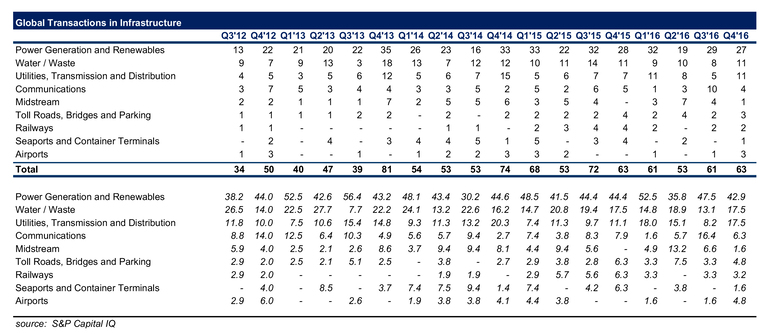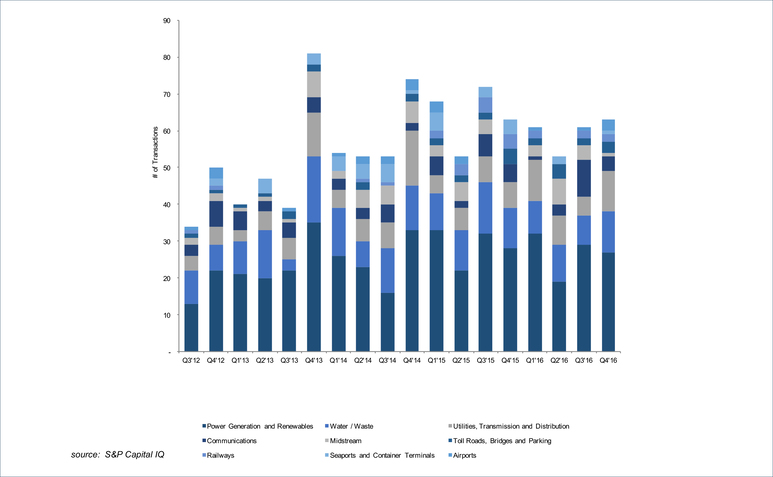Capitalization Policies Need Consideration When Comparing EBITDA Multiples
In capital intensive industries, such as the infrastructure space, capital expenditures can be a significant recurring use of operating cash flows of a business. Due to the nature of the assets involved, this point is well understood by experienced investors in the infrastructure space.
However, we often see market analysis that presents average enterprise value / EBITDA ratios. While this information can be useful when comparability of the industry participants’ accounting policies to a target company’s accounting policies can be assured, it is important to ask an accounting question: what is their capitalization policy?
With regard to capitalization policies, we see diversity in practice. Some companies, for convenience or other reasons, have a high threshold for capitalization or do not capitalize any costs at all after acquisition or construction. Other companies, due to detailed componentization of fixed assets or other various reasons, have policies that more rigorously capitalize costs. Given this diversity in practice, Alvarez & Marsal (A&M) works with our clients to understand their current (or expected) capitalization policies and to adjust target earnings on a comparable basis.
Our clients focus on building long dated discounted cash flow models, which should be agnostic to capitalization policies. However, if EBITDA or related metrics are used as a consideration to value the target company, investors should ensure they have considered the comparability of capitalization policies.






